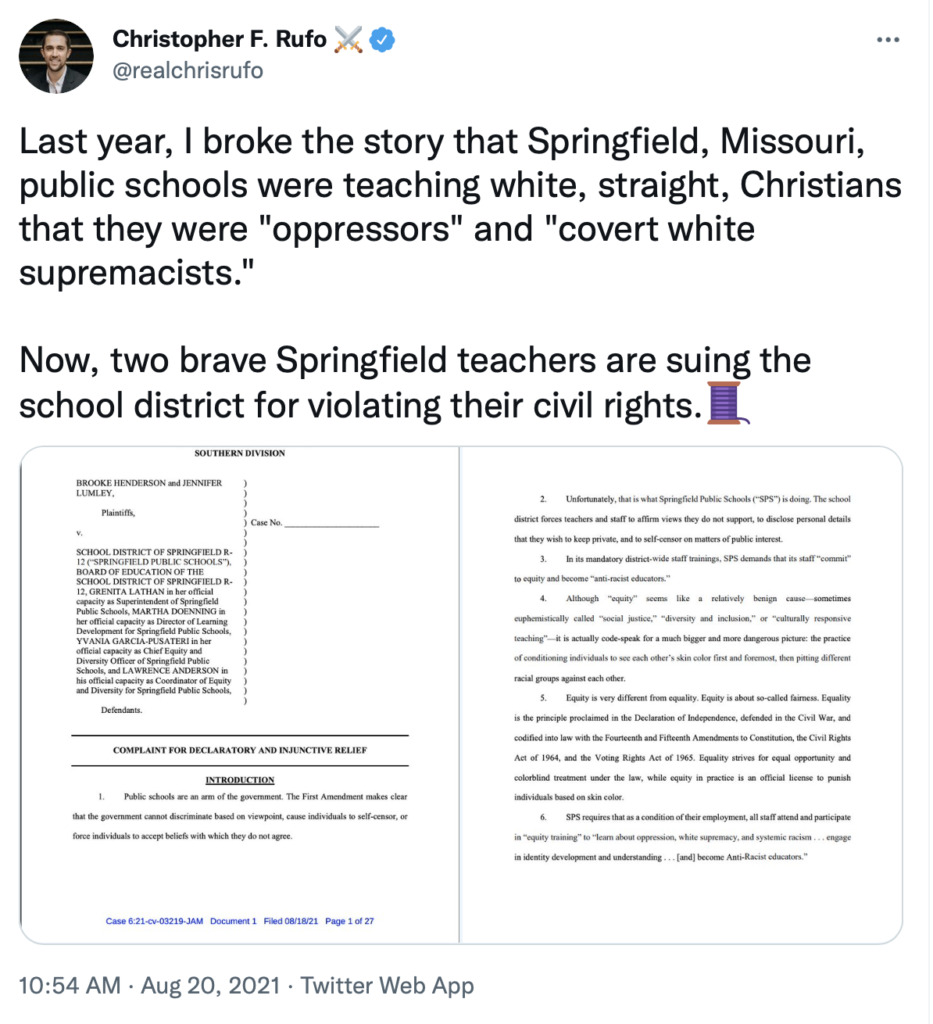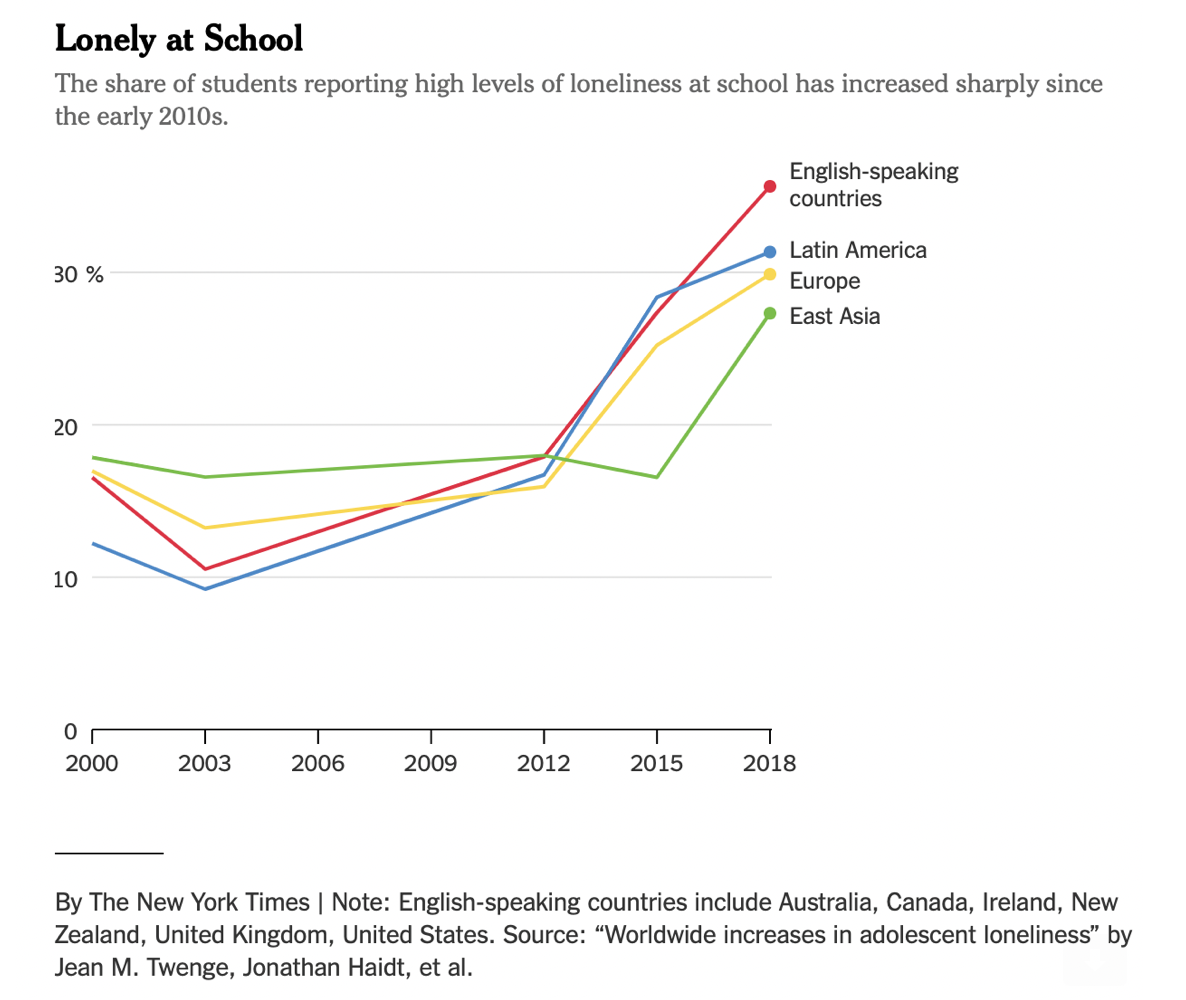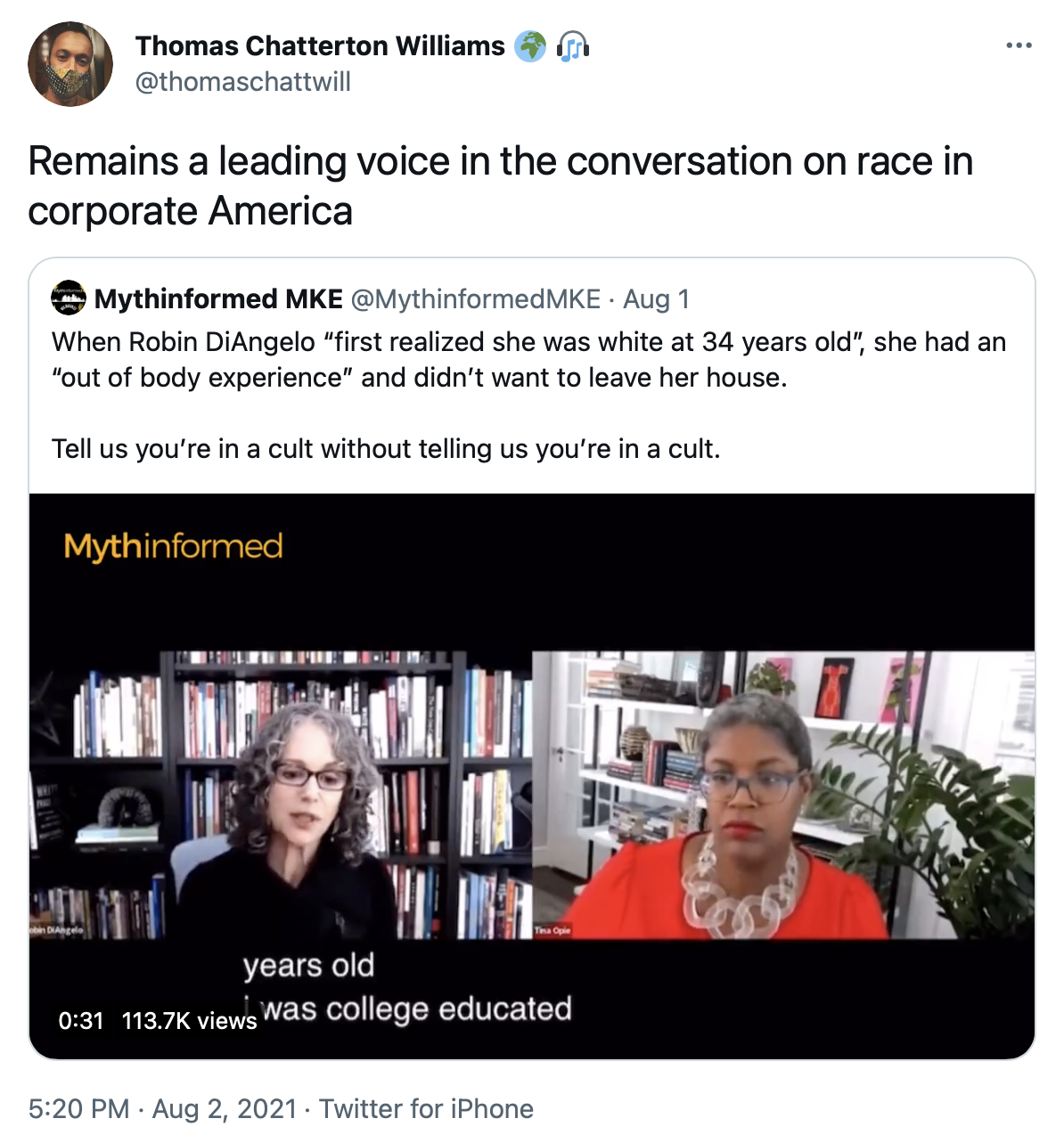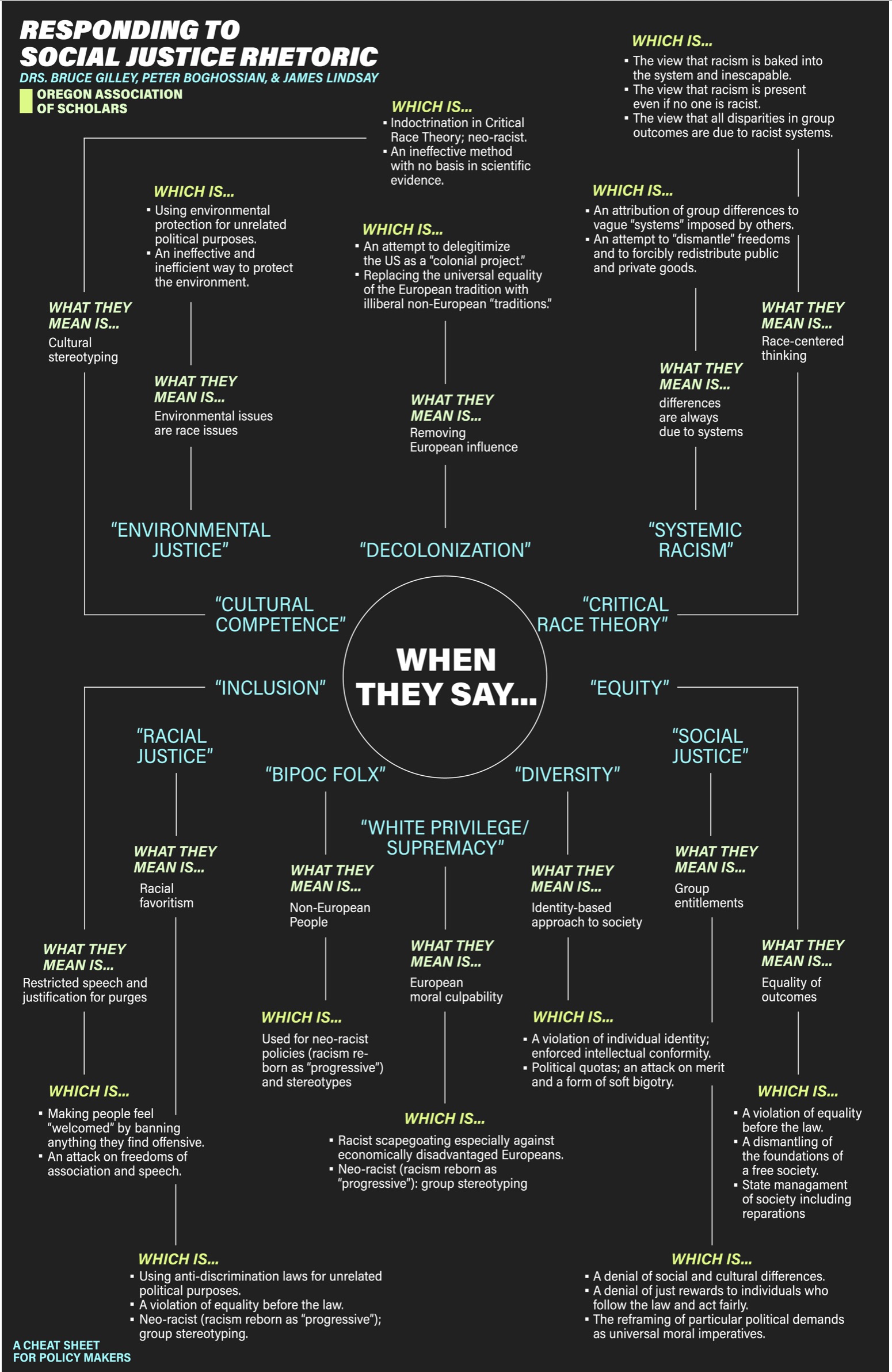I'm a longtime fan of Eric Barker's blog, "Barking up the Wrong Tree." He opens a recent blog post with this incredible story:
George was late again.
It was 1939 and math PhD student George Dantzig arrived to find he had already missed much of the lecture. The two homework problems were already up on the chalkboard. He scribbled them down.
But this day only got worse. When he got to work on the problems that night, he realized they were hard. Really hard. George was a super smart guy but these problems were insanely difficult. They took him days to complete. So now he was going to be late again, this time turning in his homework. Yeesh.
He delivered them to his professor, Jerzy Neyman, apologizing profusely. Neyman’s eyes went wide. George worried he was going to be in a lot of trouble. But that’s not why Neyman was reacting so strangely…
The two problems on the board hadn’t been homework at all — they were two issues in statistical theory that had been deemed “unsolvable” by the best mathematicians in the world. Far from being angry, Neyman was blown away.
Yeah, George was a genius. And, no, the lesson here is not “show up late.”
Point is, if George had known what he was up against, he never would have even tried. His amazing potential might never have been recognized.
Barker springs off this anecdote to offer five tips for getting more done. The title of his article: "How To Stop Being Lazy And Get More Done – 5 Expert Tips."




